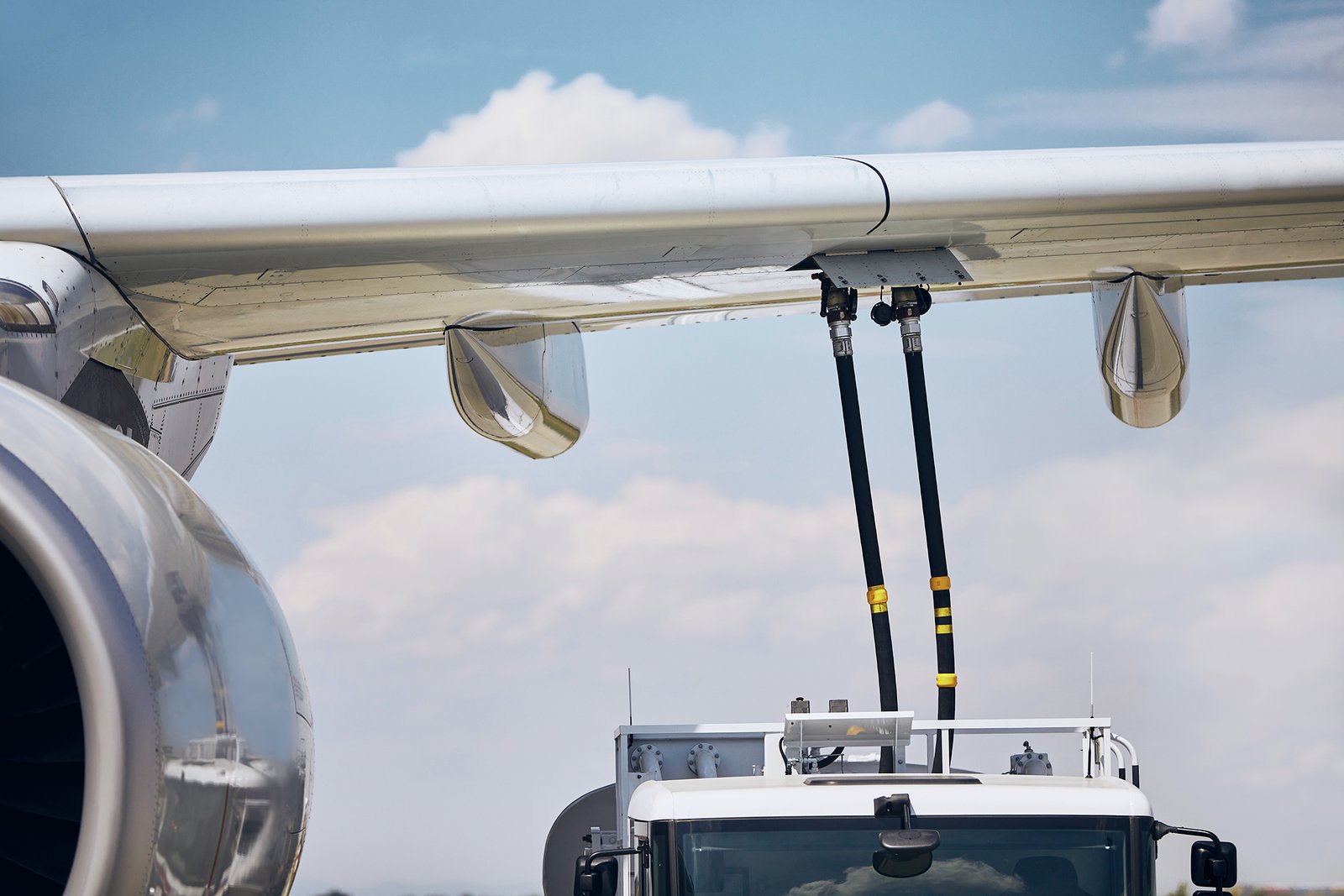The Asian Development Bank (ADB) and SAFCO Venture Holdings Limited (SAFCO) have signed $86.2 million financial package to finance the construction and operation of a sustainable aviation fuel (SAF) facility in Sheikhupura, Pakistan, the first private sector-led SAF initiative in Asia and the Pacific.
The financing includes $41.2 million from ADB’s ordinary capital resources (OCR) and, $45 million in syndicated loans including B-loans from The Emerging Africa & Asia Infrastructure Fund—an emerging market infrastructure debt fund owned by PIDG and managed by NinetyOne and ILX—an Amsterdam-based emerging market asset manager focused on SDG and climate private debt strategies. The International Finance Corporation is providing a syndicated parallel loan.
ADB serves as the lender of record for the B-loans and as the mandated lead arranger and bookrunner for the financing package.
“The aviation sector has limited decarbonization options, large aircraft are unlikely to depend on electric or fuel-cell technology in the near future and this new facility is a significant step towards decarbonizing this hard-to-abate sector,” said ADB Director General for Private Sector Operations Suzanne Gaboury. “The assistance will promote the development of the renewable fuels market in Pakistan, exemplifying ADB’s commitment as Asia and the Pacific’s climate bank to support innovative and sustainable solutions that fight climate change.”
“ADB’s financing represents a significant advance towards a sustainable future for the global aviation sector, promoting cutting-edge technology, job creation, and substantial reductions in greenhouse gas emissions. This landmark initiative brings together Axens, Rothschild & Co with SAFCO for the first time in the country’s history,” said SAFCO Chief Executive Officer Ali Shaikh.
The 200-kilotons per annum SAF facility in Sheikhupura will use waste-based feedstock including used cooking oil.
Shell Eastern Trading (Pte) Ltd has signed a long-term offtake agreement with SAFCO for volumes of up to 145,000 tons a year of SAF from the SAF facility in Pakistan, once the proposed plant is complete.
“Long-term offtake agreements such as this leverage Shell’s strong trading network, operational capabilities, and technical expertise to provide airlines with greater access to SAF. The agreement is part of Shell’s commitment to supply low-carbon fuels and our strategy to create more value with less emissions,” said Geoffrey Mansfield, General Manager of Low Carbon Fuels Trading at Shell.
Aviation accounts for approximately 2.5% to 3.5% of global carbon dioxide emissions, and waste-based bio-SAF, a liquid fuel currently used in commercial aviation, reduces carbon dioxide emissions by up to 85%. This is the first SAF project financed by ADB and the first-ever private sector-led SAF deal in ADB’s developing member countries, excluding the People’s Republic of China. The facility will be able to produce 145,000 tons of SAF and 18,000 tons of bionaphtha annually, contributing to a yearly reduction of up to 500,000 tons of carbon dioxide equivalent emissions.
The newly effective Innovative Finance Facility for Climate in Asia and the Pacific (IF-CAP) enables ADB’s OCR financing component. This is the first project financed under IF-CAP, which is a pioneering leveraged guarantee mechanism for climate finance adopted by a multilateral development bank.
SAFCO Venture Holdings Limited is a company established to own and operate biodiesel and SAF production facilities in Pakistan and owns and operates a 50,000 tons per annum biodiesel manufacturing facility in Sheikhupura through its subsidiary.










